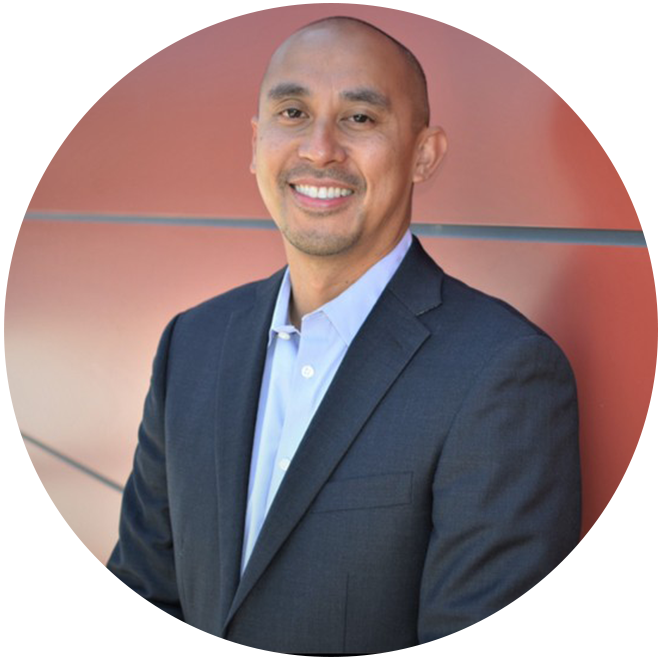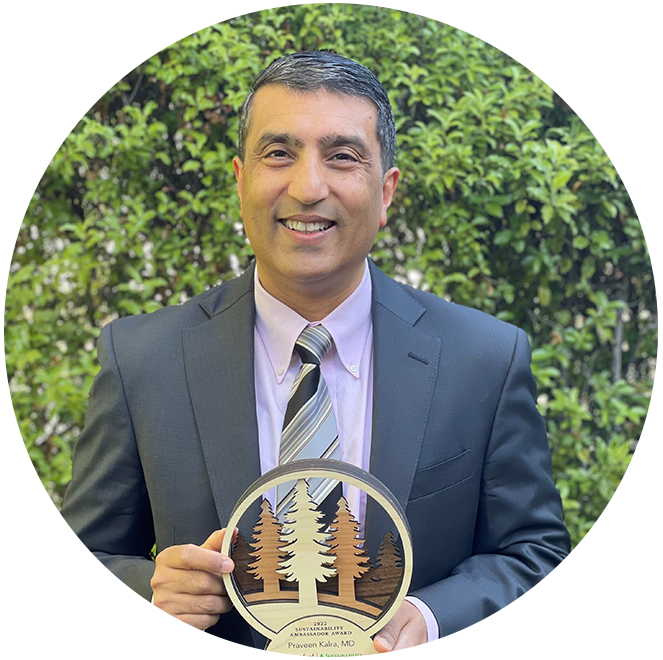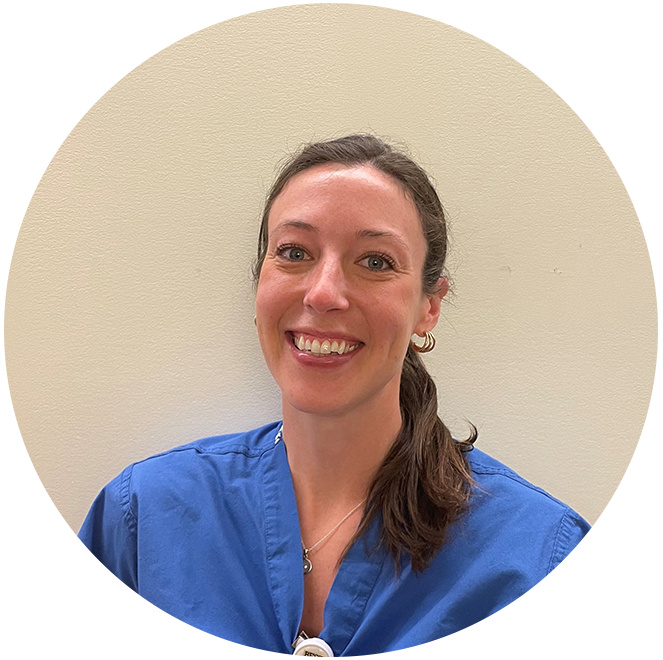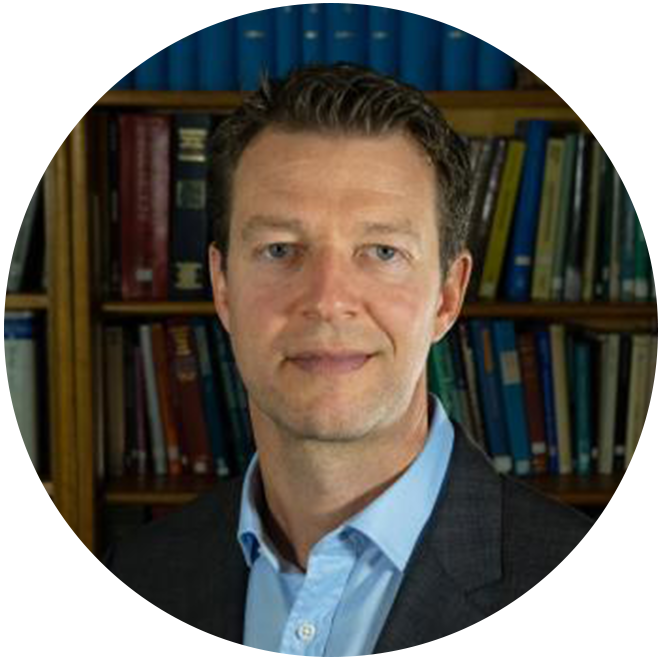
Clinical Assistant Professor
Emergency Medicine
Stanford Medicine
Evaluating the Emergency Department’s Generation of Biohazardous (Red-Bag) Waste

Biophilic Design for Psychological and
Physiological Health Outcomes

Quality Improvement Waste Audits:
An Opportunity to Increase Environmental Stewardship in Healthcare

Building Sustainable Clinical Supply Chain,
Materials Management, and Nursing Leadership

Engaging Nurses in Qaste Sorting Quality: Liquids Reduction in Waste and Waste Sorting Guide. Training, Education, and Feedback

Supporting the Stanford Health Care Food System: Demonstrating the Benefits of
Healthy Food on Patient Outcomes

Reducing Hand Surgery’s Impact on the
Planet by Implementing Initiatives that
Decrease Disposable Waste

Leading Sustainability
Changes in Anesthesiology

Integrating the Nurses’ Voice in the Sustainable Guidelines from the Design & Construction Workgroup

Redistribution of Unused and
Clean Surgical Supplies

Returning Unused and Unopened Medical Supplies

Reduce Staff Commute by Single Occupancy Vehicle: Reductions Campaign & Commute Information

Evaluating the Emergency Department’s
Utilization of Biohazardous
(Red-Bag) Waste Bins

Mentoring and Coaching Healthcare
Professionals to Deliver
Climate Smart Healthcare

Quantifying the Pro-Environmental Impacts
of Telehealth Tobacco Treatments

Addressing the Environmental Impacts
of Orthopaedic Surgery

Standardizing Carbon Footprint
Calculations of Clinical Care Delivery

Empowering and Educating Healthcare
Professionals to Help Reduce the Environmental Footprint of Healthcare

Increasing Environmental Stewardship in
Healthcare Through Clinical Leadership

Optimizing Energy & Water Use for
Radiation Oncology Treatment

Practice Greenhealth Award Application & Reusable Product Pilot Implementation

Reducing the Carbon Footprint of the
Operating Room through Waste Reduction